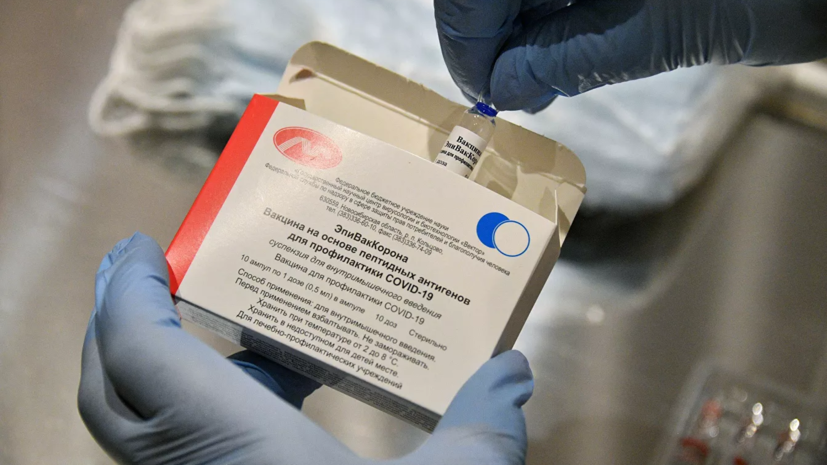“We are currently conducting research in two directions.
In the first direction, the genetic variability of the virus is monitored, which is why large-scale sequencing of isolates isolated in Russia is being carried out, ”she told Interfax.
Commenting on the possible decrease in the effectiveness of EpiVacCorona in relation to the delta strain, Nepomnyashchikh said that the institution did not notice significant replacements in the selected conservative regions of the virus - this means that there are no prerequisites for a deterioration in the effect of the domestic vaccine.
"EpiVacCorona" was originally developed with the idea of taking conservative fragments of the viral protein S, which are at the same time important in the life cycle of the virus: such areas remain practically unchanged, and if certain mutations occur in them, the virus will not be able to continue with them. exist, ”she explained.
Earlier it became known that a new vaccine against coronavirus "EpiVacCorona-N" will soon go into civilian circulation.
To date, more than 38 million people in Russia have been vaccinated against coronavirus infection with two components.

